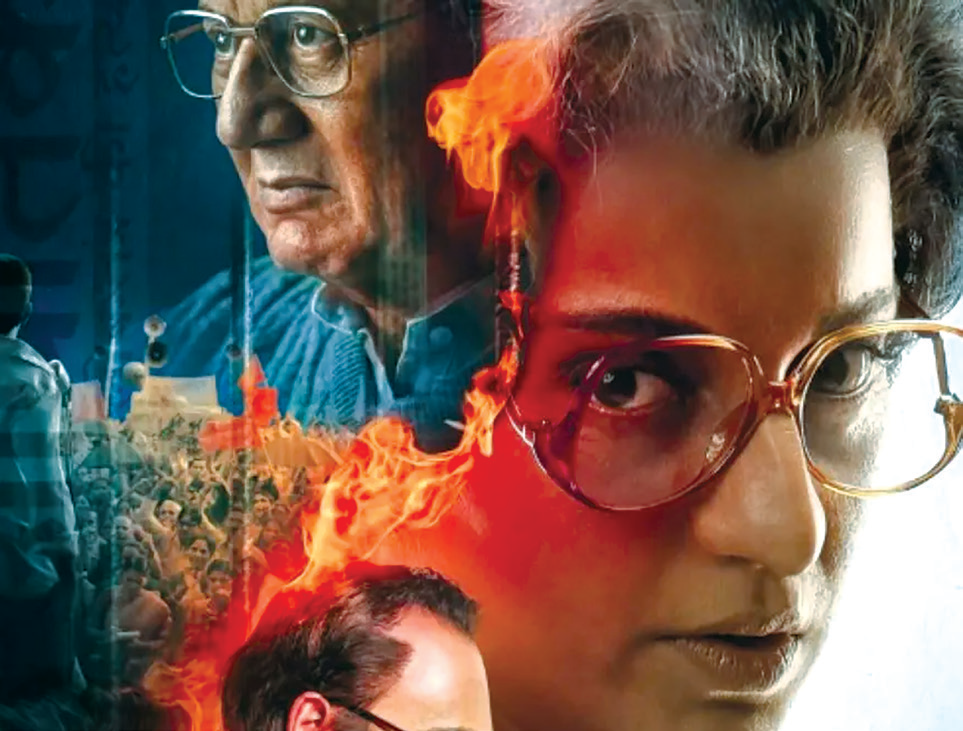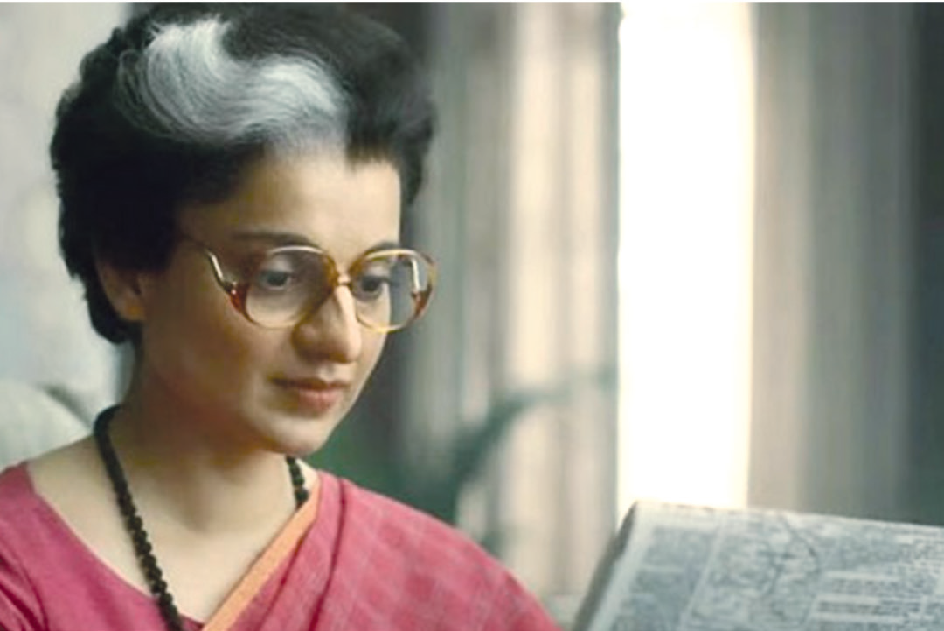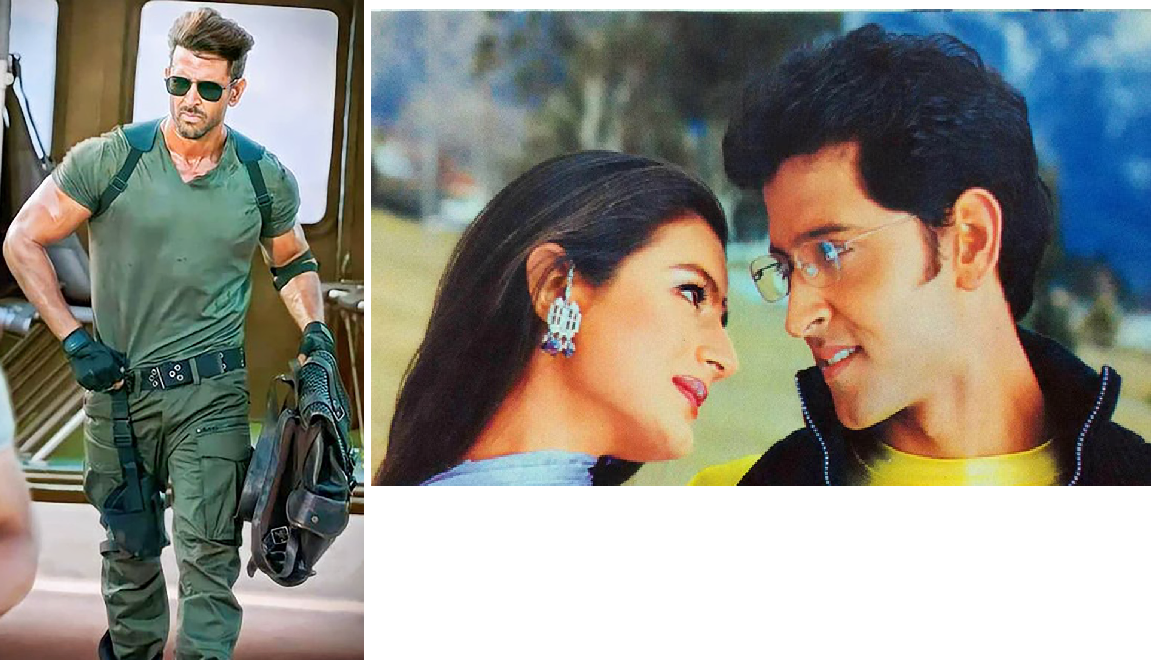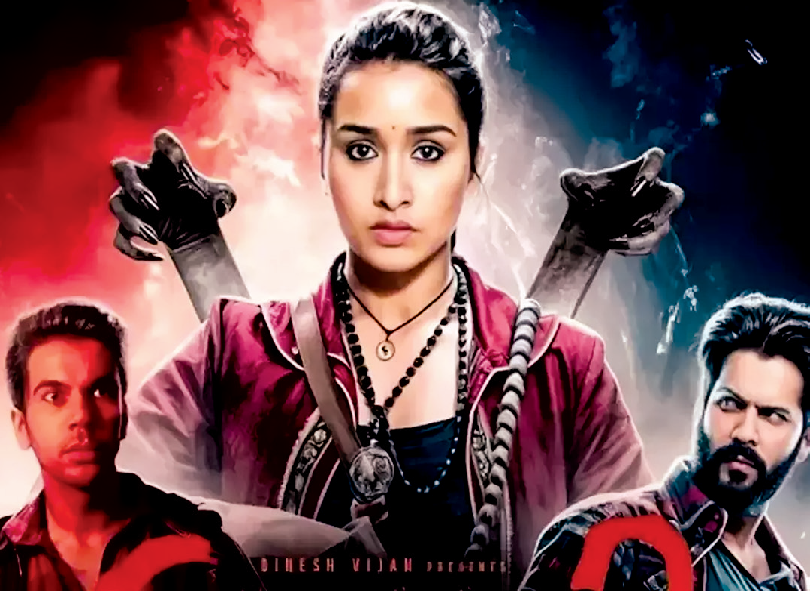
A Visual Spectacle of Dystopia and Vengeance
S Shyam Prasad | NT
S alaar emerges as a cinematic blend of the creative ge - nius of director Prashanth Neel with the authoritative screen presence of Prabhas in a gripping action drama.
Against the dystopian canvas of Khansaara, the film unfolds a narrative of betrayal, camaraderie, and a city scarred by a historical feud.
The storyline commences with the serene life of Deva (Prabhas) in Tinsukia, disrupted when he is assigned the task of safeguarding Aadya (Shruti Haasan) from potential harm.
As the plot evolves, it plunges into the past, unraveling the intricate connections between characters and the millennium-old historical legacy of Khansaara, its reconfiguration in 1947, and the subsequent schism that has plagued it for the past 25 years.
All this takes place against the backdrop of the unshakeable friendship between Varadaraja Mannar (Prithviraj Sukumaran) and Deva, forged on promises and unwavering dedication.
Director Prashanth Neel adheres to his distinctive style, presenting a visually stunning and dystopian atmosphere reminiscent of his previous work in the "KGF" series.
The first half of the film establishes the profound bond between Deva and Varada, dedicating ample time to introduce Deva's character, who has imposed a selfimposed exile, honoring his mother's commitment that refrains him from any form of violence, even refraining from using a plastic knife to cut a cake.
The pacing of the initial half is measured, progressively constructing the narrative, but the 30 minutes leading up to the interval are enthralling.
Prabhas's on-screen charisma, coupled with Neel's directorial finesse, crafts a captivating cinematic experience during this interval.
Nevertheless, the latter half transports the audience into the fictional city of Khansara, introducing a plethora of characters and relationships. Some viewers may grapple with assimilating all the details presented in this section.
The storytelling, as multifaceted as Game of Thrones, could have been more effectively executed, given the introduction of numerous characters.
The film's technical facets garner acclaim, with Bhuvan Gowda's cinematography adopting the characteristic dark tint of the KGF series. Ravi Barsur's background score deviates from his signature heavy metal, presenting a softer tone.
Despite some narrative drawbacks in the second half and the familiarity of certain directorial patterns, the film's production values remain commendable.
Prabhas's resurgence in a full-fledged action role is appreciable, with his portrayal of Deva earning accolades. The well-executed stunts, particularly choreographed by Anbarivu, significantly contribute to the film's allure.
Prithviraj Sukumaran's performance adds depth to the narrative, and the chemistry between the lead actors is a plus point.
Salaar distinguishes itself as a fervent action drama catering to enthusiasts of visually striking cinema. While it bears semblance to a grander version of Neel's debut film, Ugramm, the movie presents a compelling narrative, exceptional action sequences, and noteworthy performances.
Despite minor pacing issues and moments of familiarity, Salaar is a recommended watch for Prabhas fans and aficionados of actionpacked cinema.
 English daily published in Bengaluru & Doha
English daily published in Bengaluru & Doha






